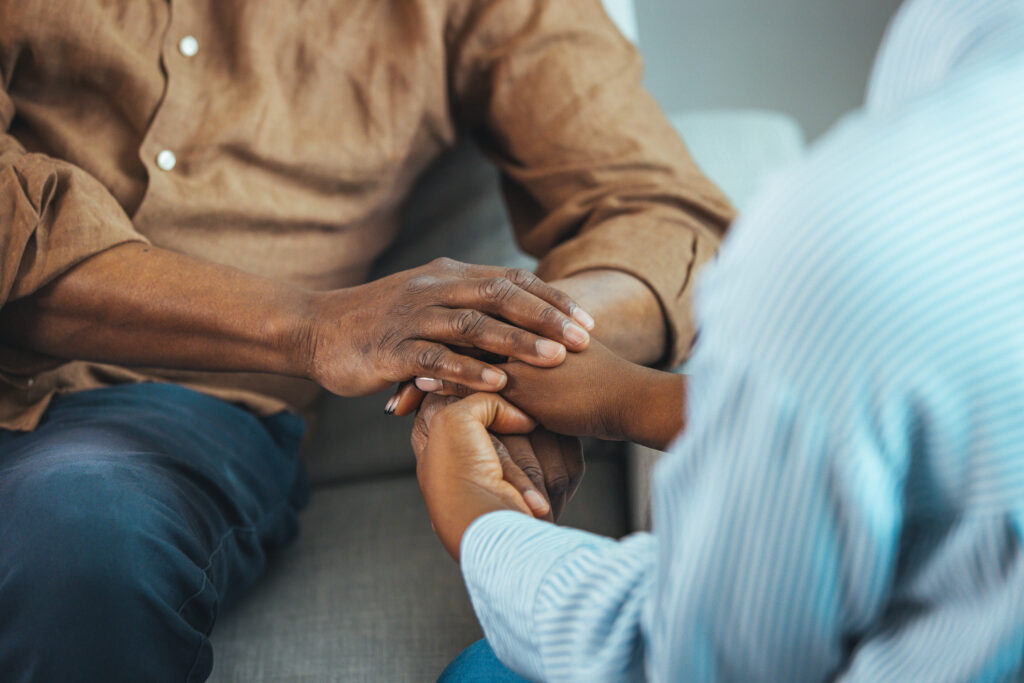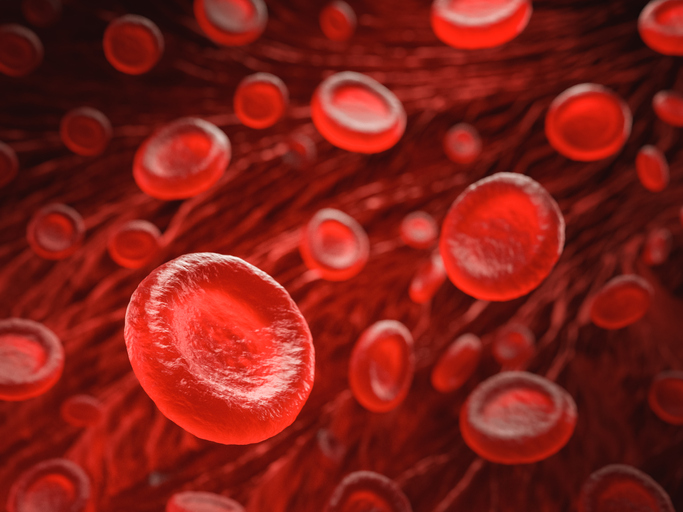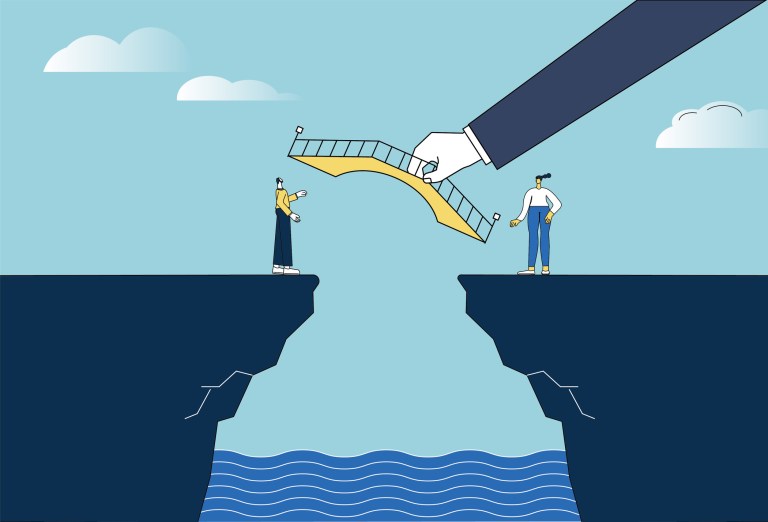Maybe someone has wronged you or a loved one, or perhaps you’re disappointed in how you’ve handled something in the past. Whatever the situation, it can be incredibly difficult to forgive others and ourselves.
While most people likely know that ruminating and holding onto anger aren’t healthy, a new study shows that forgiveness may actually benefit our mental health and overall well-being — and even more compelling, the research provides tangible tools to start down the often obscure pathway of letting go.
In the study, participants in five countries were given self-guided workbook pages focused on forgiveness. The worksheets took about two hours to complete and were broken up into nine components, ranging from recognizing a previous transgression that was forgiven to working on exercises centered on the REACH method, which stands for:
- Recall the hurt: Acknowledge the hurt without brushing off your feelings and make a decision to forgive without retaliation.
- Empathize: Try to understand why the person who wronged you might have done so, so you can heal.
- Altruistic gift: Give the gift of forgiveness.
- Commit: Write down who you forgave and your decision to forgive, so you can better commit and make the forgiveness last.
- Hold onto forgiveness: Come back to your decision and hold onto the reason you chose to forgive.
Around half of the participants were given the workbooks immediately, while the other half received them two weeks later. Results showed that at the first two-week follow up, participants who had already used the workbook pages (which are free to download) showed a reduction in unforgiveness, along with a decrease in depression and anxiety compared to the delayed treatment group. Individuals in the latter group showed similar results after their own follow-ups.
These findings support previous studies that show forgiveness can be good for mental health – and the authors also believe the free workbook pages have the potential to improve mental health globally by fostering greater forgiveness in the individuals who use them.
RELATED: From Smiling to Sleeping: 10 Ways to Feel Happier, According to Science

However, letting go isn’t something that just happens; it’s a conscious decision.
“There are injustices we experience every day,” Everett Worthington, a professor emeritus at Virginia Commonwealth University and co-author of the study, told The Washington Post. “People don’t have to forgive — it’s a choice people may make or not make.”
Worthington speaks from experience, both as a researcher and as someone who has experienced deep and sudden grief.
In the mid-1990s, his mother was murdered in her home, which brought him to a place of having to use his research to start his own journey of forgiveness.
“It gave me a huge, different perspective because I was able to forgive [the murderer] very quickly,” he told VCU News. “I tell people, I’m not some super forgiver. A professor gave me a ‘B’ once, and it took me 10 years to forgive him! This, it just kind of happened. It was an experience where I could forgive the young man. My brother also forgave him, and my sister did too. The three of us came to the same conclusion within about a month of the murder.”
That said, the study authors wrote that forgiveness doesn’t always involve fixing or even restoring a relationship, and it doesn’t mean foregoing justice. Rather it’s the act of “replacing ill-will towards the offender with good-will.”
New patterns are hard to instill and forgiveness is a practice. But if you’re looking to process your feelings, hold space for compassion, and let go, here are eight tips to begin (and continue) to forgive:
- Start small: Notice where you can extend forgiveness in smaller moments. The idea is: The more you forgive, the easier it will be to make forgiveness something you’re accustomed to doing. That way, it becomes less difficult when you most need to hold space for forgiveness.
- Change your perspective: A fresh lens can bring a new perspective to the situation and help you get a clearer picture of what’s going on, perhaps with less judgment and more compassion.
- Meditate: Loving-kindness meditations generally involve holding grace for others (and yourself) as a way to generate benevolence and forgiveness.
- Make a choice to be present: Choosing to be present is the opposite of ruminating on the past. Headspace, a popular meditation app, similarly describes forgiveness as the act of deciding “to live life as it is, not how we wish it could be.”
- Return to your why: Forgiveness isn’t inevitable; it’s a decision. Reflecting on that decision will remind you why you wanted to let go of these feelings of resentment and negativity in the first place.
- Acknowledge the process: Be patient with yourself. The Mayo Clinic writes, “Even small hurts may need to be revisited and forgiven again and again.” That’s OK.
- Express gratitude: Finally, expressing gratitude is a requirement for forgiveness, according to The Greater Good Science Center at UC Berkeley. Writing in a gratitude journal or simply thinking of a few things you’re grateful for each morning can be a powerful way to integrate appreciation into your routine.
When in doubt or experiencing moments of struggle, consider returning to these insightful words Worthington shared with the Post: “Forgiveness doesn’t solve all problems. But forgiveness is freeing.”












